How the Illegal Migration Bill affects vulnerable people
The Illegal Migration Bill has now passed and will become law. But what will it actually mean for people who have fled their home countries?
READ MORERefugees and people seeking asylum: get the facts, not the myths
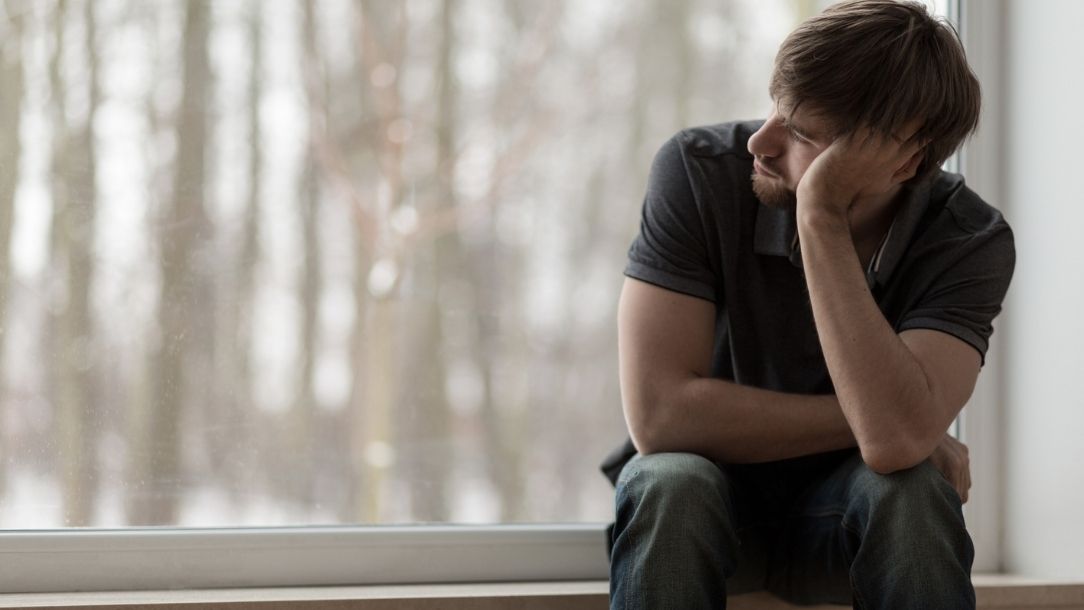
Asylum seekers: are they living on easy street?
With so many conflicting reports, it's hard to picture life for an asylum seeker in the UK. We shed some light on the matter.

"Children can be agents for change"
Children are asking more and more questions about refugees and asylum seekers. But where to start with such a complex topic?
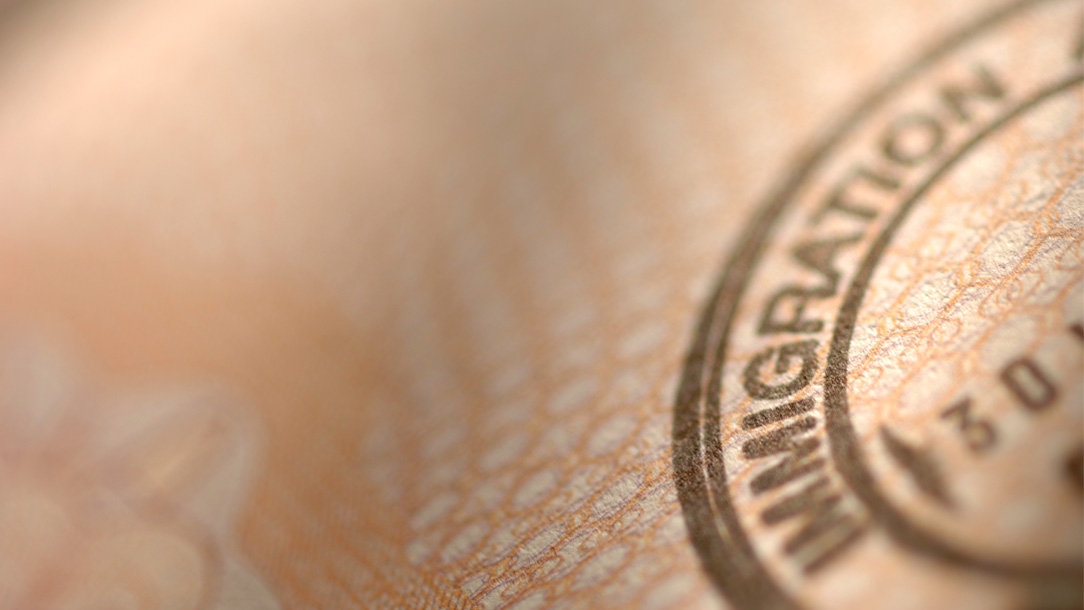
Six myth-busting facts about refugees
How good is your knowledge of the reality for asylum seekers?
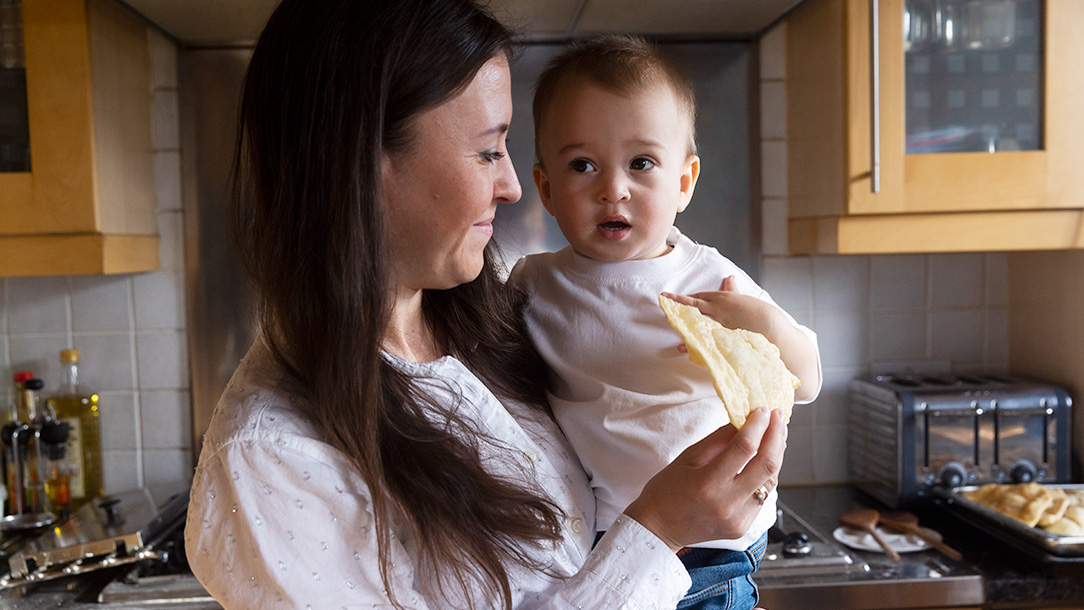
Safe homes for refugees: learning from Ukraine schemes
By British Red Cross
A report into ways to improve accommodation and resettlement for refugees by applying lessons learnt from the Ukraine response.
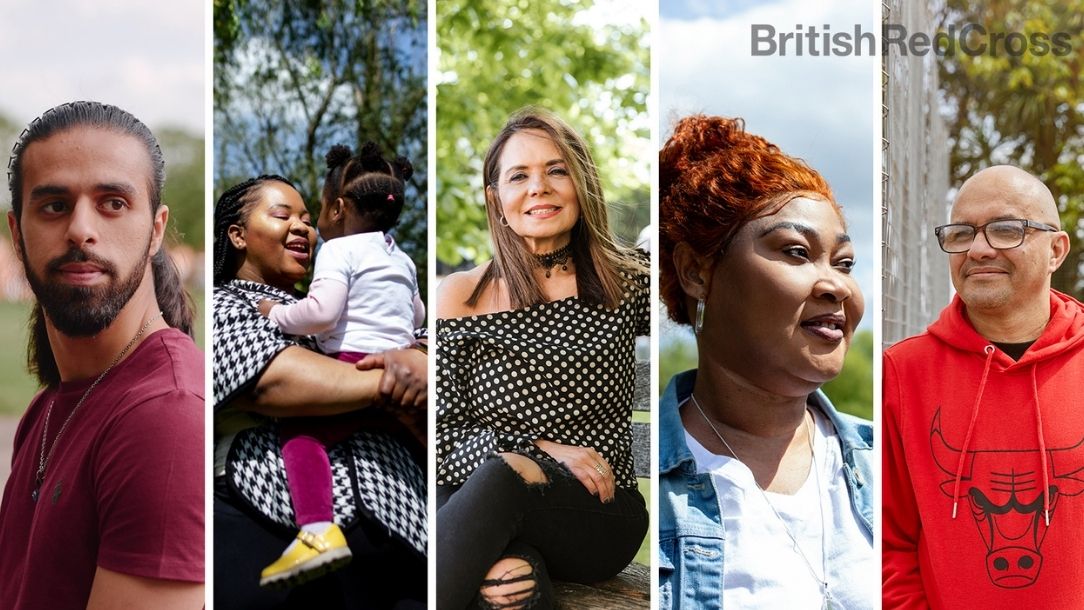
Hear from refugees and asylum seekers in their own words
By the VOICES network
Our award-winning podcast. 'We are VOICES, is produced by refugees and people seeking asylum. They share first-hand stories about life in the UK and of their experiences along the migration route.
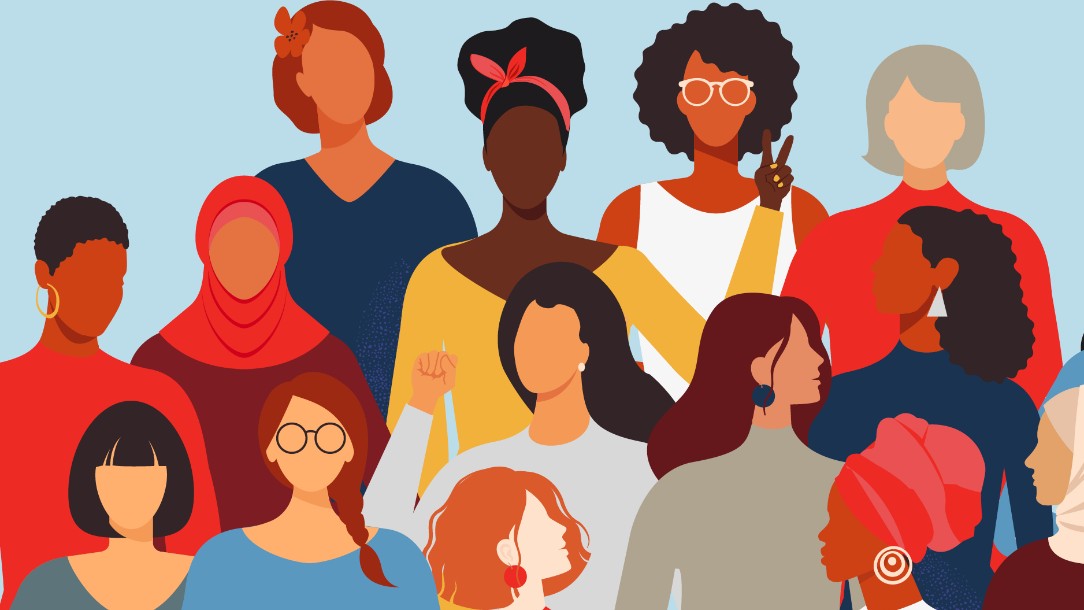
5 things women want to change about the asylum system
Women going through the asylum system on how it can be improved
How we help refugees and people seeking asylum in the UK
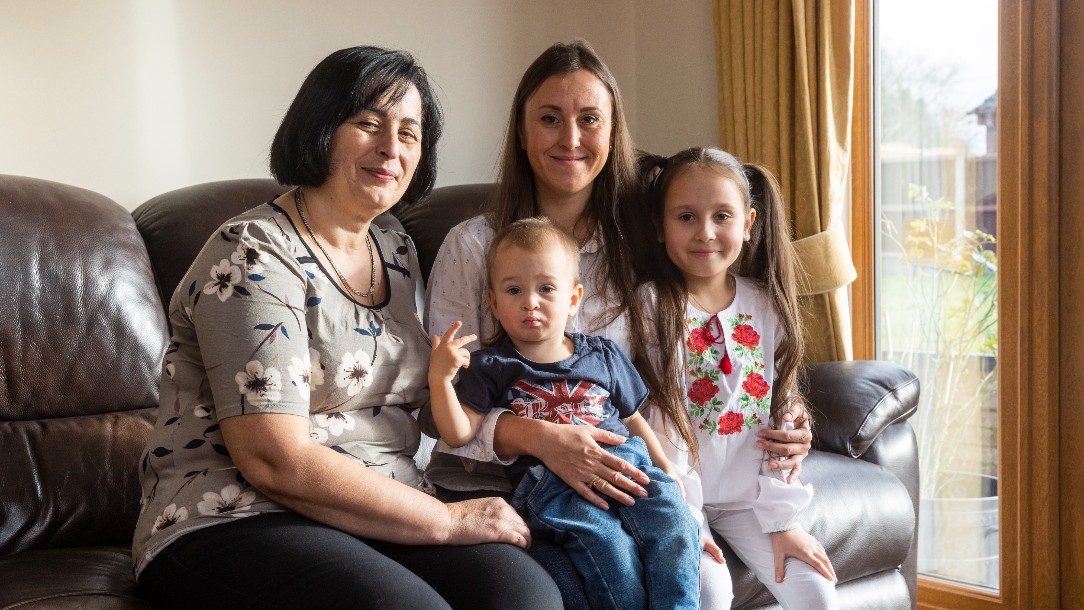
"We instantly felt safe - for the first time in months, I was finally calm"
Karyna and her family's journey from Ukraine to the UK took six months. Here, she tells their story
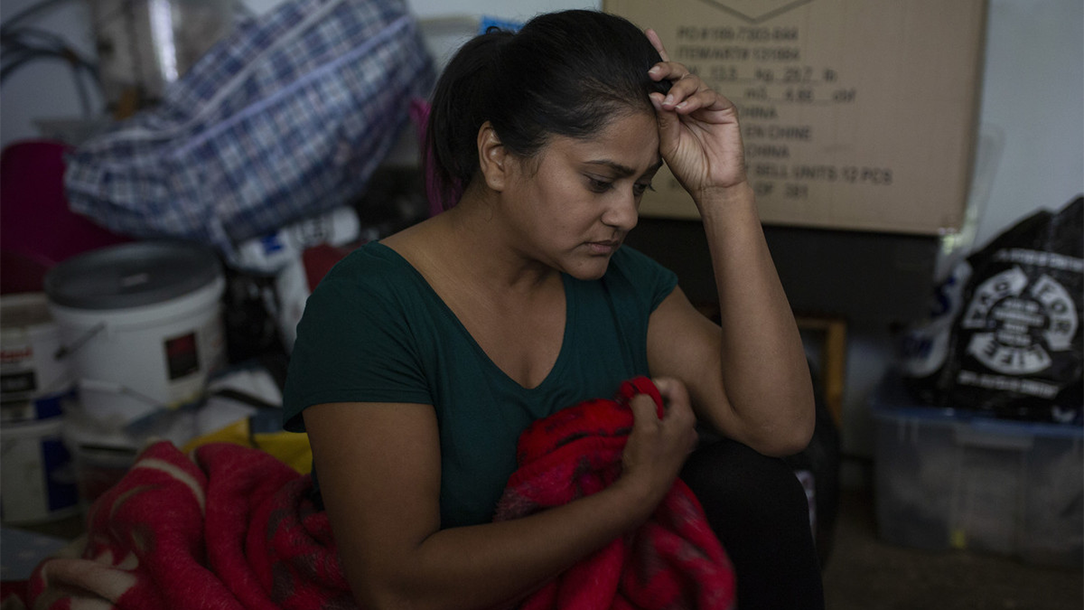
What is violence against women?
Learn more about what gender-based violence is, and how the British Red Cross is working with survivors
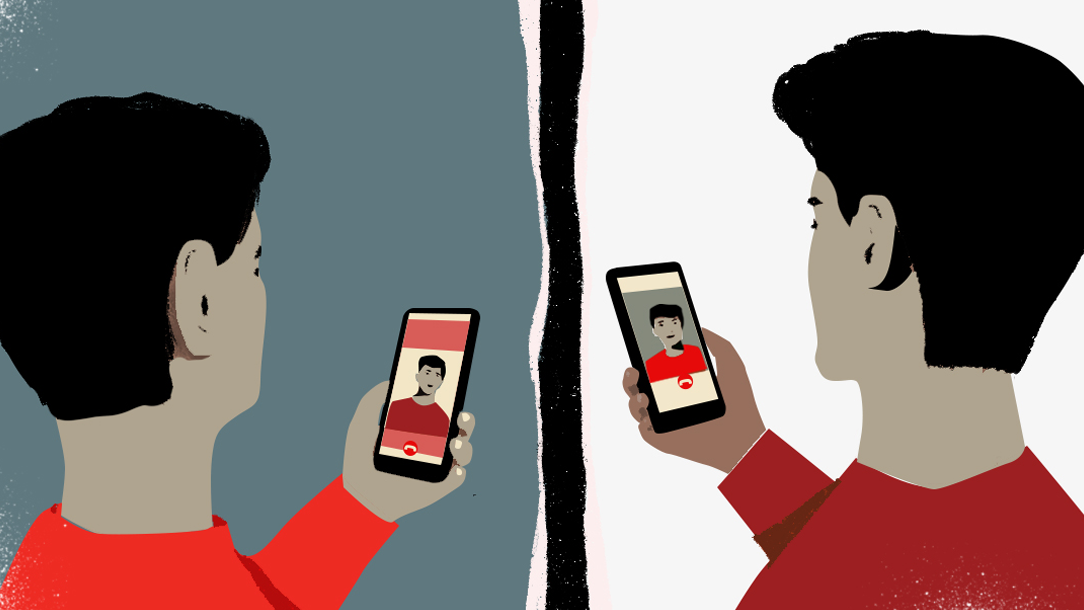
The brothers reunited after five years apart
By British Red Cross
When Lemar and Karim were split up fleeing gunfire, they both feared the worst. Five years and one unforgettable phone call later, they were together again
Support for people caught up in trafficking
Our history of helping refugees
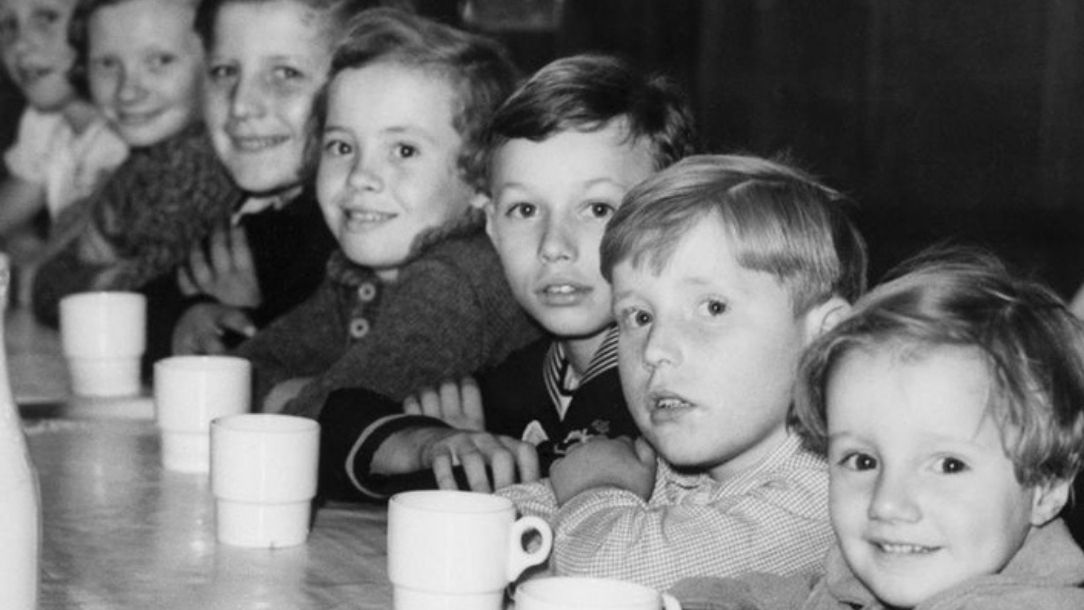
Jelly and cake: let's revive a 1940s tradition
Blacmange, cream cakes, peaches and tea? We gave evacuated children from home and abroad, the warmest of welcomes in 1944.
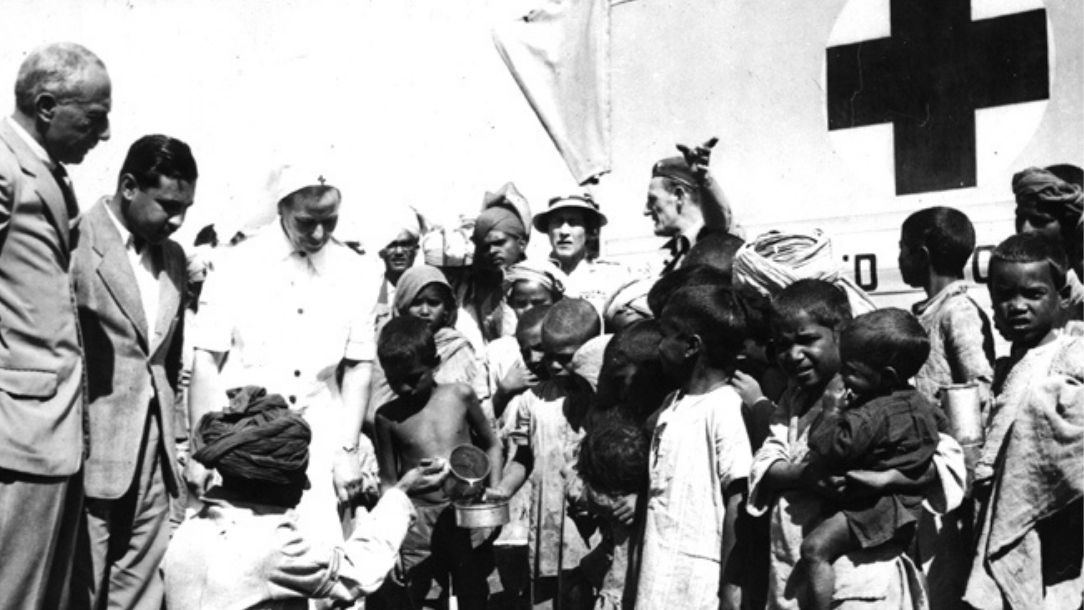
India partition: the Red Cross response to the refugee crisis
The partition of British India in 1947 triggered one of the largest population movements in history. This is how we responded.
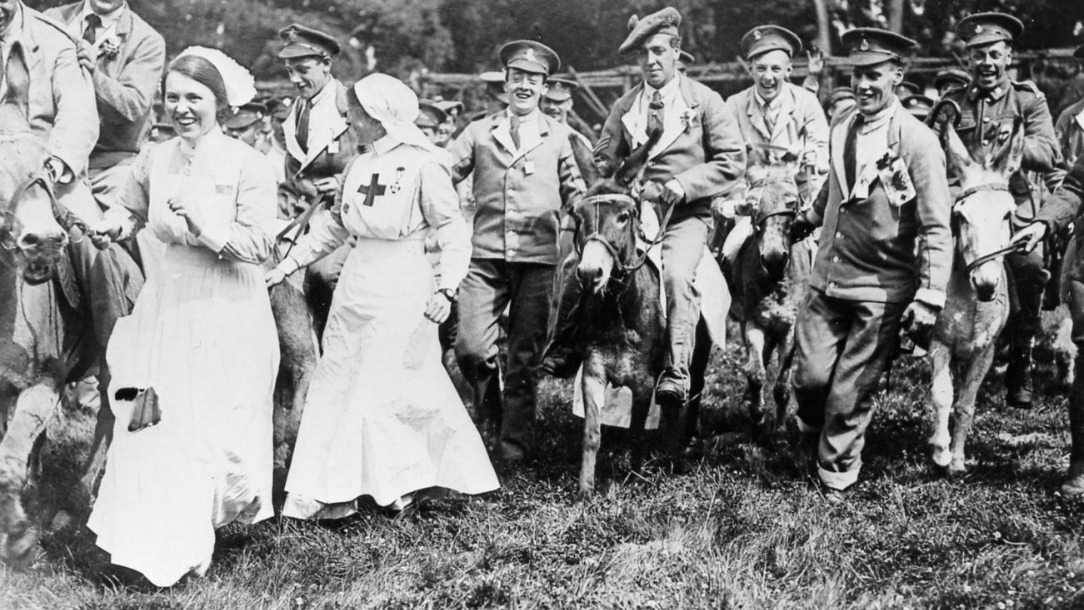
Potato peelers, sock knitters and moss collectors
Meet the amazing volunteers who kept the Red Cross going during the First World War.




